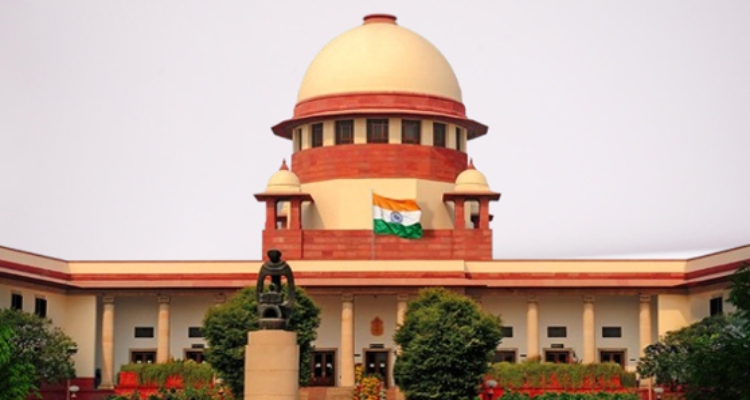
The Supreme Court on Tuesday (August 6) agreed to an early hearing on whether Muslim personal law, which allows child marriages, will prevail over the Prohibition of Child Marriage Act, 2006.
As the matter could not be heard today, Solicitor General of India Tushar Mehta requested an expedited hearing to resolve the issue promptly, noting that various High Courts are issuing conflicting judgments.
A bench comprising CJI DY Chandrachud aong with Justices JB Pardiwala and Manoj Misra assured that the matter would be listed soon. “We have to settle the matter at once,” the bench stated.
The National Commission for Protection of Child Rights (NCPCR) had approached the apex court, challenging a Punjab and Haryana High Court order that stated a Muslim girl, after attaining puberty, is competent to enter into a marriage contract under Muslim Personal Law.
The Apex Court had previously directed that the High Court’s order, which held that a Muslim girl aged 15 could enter into a legal and valid marriage as per personal law, should not be used as a precedent in any other case. The court had also issued notices to the respondents in the case based on NCPCR’s plea.
Solicitor General Mehta had argued that Muslim girls aged 14, 15, and 16 were being married off. Earlier, the National Commission for Women (NCW) had moved the top court to set the minimum marriage age for Muslim girls to be the same as for individuals of other religions.
In India, the minimum marriage age is currently 18 for women and 21 for men. However, under Muslim personal law, the minimum marriage age for girls is when they attain puberty, which is presumed to be around 15 years.
The NCW had argued that allowing Muslim girls to marry at puberty (around 15) is arbitrary, irrational, discriminatory, and violates penal laws. The plea highlighted that even the Protection of Children from Sexual Offences Act (POCSO) does not permit those under 18 to consent to sex.
The PIL sought to enforce the fundamental rights of minor Muslim girls by aligning Islamic personal law with the penal laws applicable to other religions. The High Court, in its June order last year, cited Muslim personal law provisions to rule that a 15-year-old Muslim girl was competent to marry a person of her choice.
The NCPCR aimed to ensure the proper implementation of statutory laws designed to protect children below 18 years of age. The Commission emphasized the provisions of the Prohibition of Child Marriage Act (PCMA) 2006 and the Protection of Children from Sexual Offences Act (POCSO) to support its challenge against the High Court ruling.
NCPCR contended that the High Court’s order violated the PCMA, a secular law applicable to all. It also argued that under POCSO, no child below 18 years can give valid consent.




